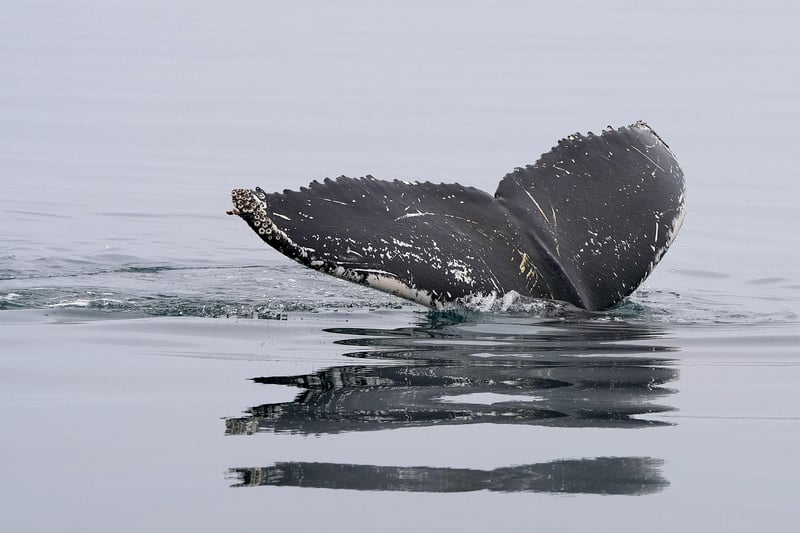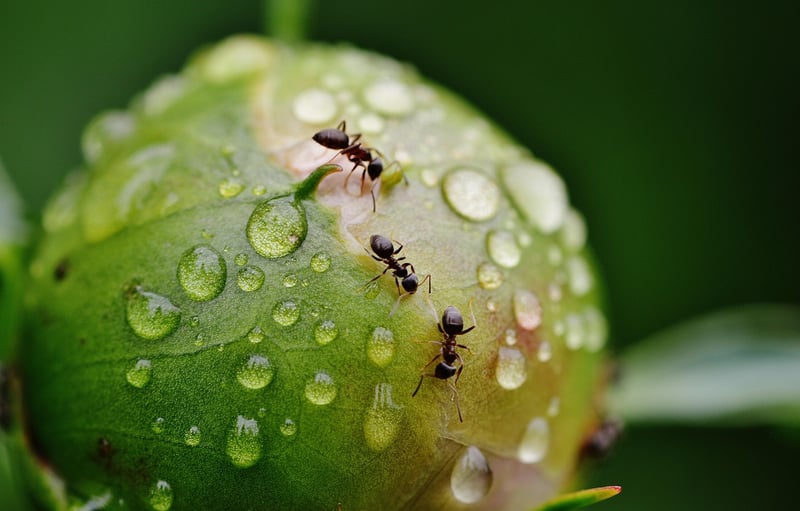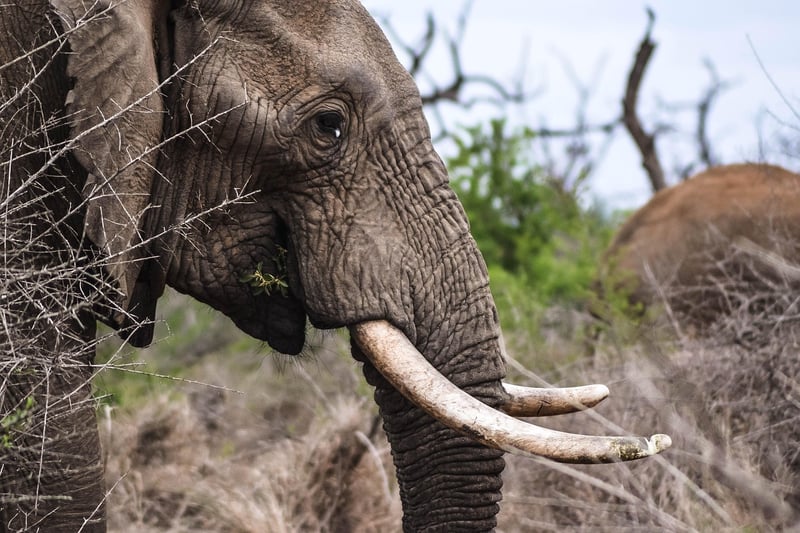Communication Signals
Exploring New Species: Understanding Communication Signals
Welcome to the fascinating world of animal communication! As we delve into the depths of nature, we encounter a myriad of species, each with its unique way of interacting and conveying messages. Let's explore how different creatures communicate through signals and behaviors.
Visual Signals
Visual signals play a crucial role in communication among various species. From the vibrant plumage of birds to the intricate dances of bees, visual cues are used to attract mates, establish dominance, or warn of potential threats.

Acoustic Signals
Acoustic signals, such as vocalizations and calls, are prevalent in the animal kingdom. Whales sing complex songs to communicate across vast ocean distances, while birds chirp melodious tunes to mark their territory or attract a mate.

Chemical Signals
Chemical signals are often used by insects, like ants and bees, to communicate with their colony members. Pheromones play a vital role in signaling alarm, marking trails to food sources, or even indicating reproductive readiness.

Tactile Signals
Tactile signals involve physical touch and are commonly observed in social animals like primates and elephants. Grooming behaviors, trunk embraces, or playful nudges are all forms of tactile communication that strengthen social bonds within a group.

Conclusion
As we marvel at the diversity of communication signals in the animal kingdom, it becomes evident that nature has its unique language woven into the fabric of life. By understanding these signals, we gain insight into the complex and interconnected world of our fellow species.
So, the next time you venture into the wilderness, keep an eye out for the subtle cues and signals that animals use to interact with one another. It's a window into their world and a reminder of the beauty of communication in all its forms.
